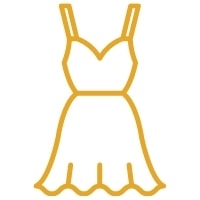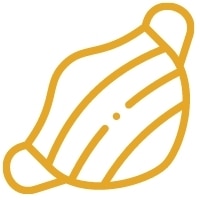A white woman and African materials
2020 is a year full of thinking. Full of unexpected events, bad happenings that make me sit down and re-evaluate many things about my work.
Last week I took part in a festival organised by a few wonderful African women. I appreciated very well that they invited us because I know they were attacked that they should not work with whites. Last year I personally was attacked by some women, accusing me that I am robbing Africans off their culture. I made a lot of thinking after that. After the festival, again, I am thinking.
I learned history. I know what Western European countries did in Africa. A part of the terrible deeds was that they took away ancient historical treasures, statues, symbols and so on, and they piled them up in European museums, leaving nothing behind for the rightful owners. They truly robbed Africa off. Africans lost fortunes and tradition.
I buy dozens of fabrics in Europe too. Before I went for the cheaper prices and bought a lot of fabrics from big producers, but this year, as corona started, I realized that we, small entrepreneurs have to stick together. So I looked for Africans who have business in Europe, and I am switching to them. Even though their prices are higher, but still. They have never said no to me. They sell to me and thank me after. Just like I thank my own customers. I sell my items to white people who have no personal connection to Africa, just interested in a different culture and the patterns, or I sell to women who are mothers of mixed children, and also black people buy from me. I make sure that I do not sew the typical African styles that I saw in the church before. I just thought that there are enough African tailors in Vienna who can do it for the people, I do not want to take away their job. I just sew my own ideas and styles, mostly European cuts.

When I chose the name Omalicha for my business, I did not imagine I am Omalicha. I did not baptize myself with an igbo name. I know exactly who I am and who I always will be. I simply love the name and the meaning, Beauty. I thought of the materials, the patterns, the colours and the beauty of living in a mixed marriage and being a mother of my wonderful children, this is why my label is Omalicha. Everybody has the right to dislike what I do. I can not win them all. Nobody can win them all. I have a lot of African friends who know exactly what I do and they are proud of me, working on their materials. They never stop showing me love and I am very thankful for that. To the ones who feel negative about me working with African fabrics, all I can say is, I do this for a better future. I may be wrong, but my intentions are pure. I do this to make people know more about each other and grow love. Please, focus on your real enemy. What I have is love.





